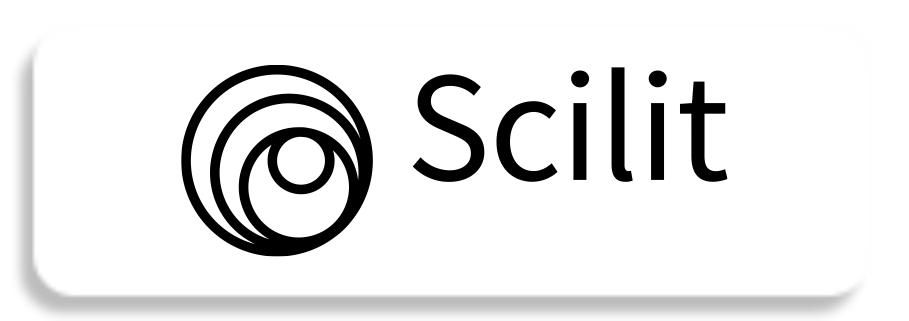Educational practices for enhancing critical thinking in social sciences: A review of effective strategies
DOI:
https://doi.org/10.62568/bhinneka.v1i1.173Keywords:
Critical thinking skills, Social sciences education, Problem-based learning, Teaching strategiesAbstract
Developing critical thinking skills is a fundamental objective of education in the social sciences. This article provides a comprehensive review of educational practices that effectively enhance critical thinking abilities in this field. It examines various teaching strategies, including problem-based learning, structured classroom discussions, and interdisciplinary approaches, evaluating their impact on students' critical thinking development. The review also addresses the challenges educators face in implementing these strategies, such as resource constraints, varying student readiness levels, and institutional limitations. Additionally, it offers recommendations for overcoming these obstacles, emphasizing the importance of teacher training, curriculum design, and the integration of critical thinking frameworks into educational policies. By understanding the most effective practices, this review aims to guide educators and policymakers in designing curricula that better support the development of critical thinking skills in social sciences. The findings underscore the need for ongoing research and adaptation of teaching methods to meet the evolving demands of education and to foster a generation of critical thinkers equipped to address complex social issues.
Downloads
Submitted
Published
How to Cite
Issue
Section
License
Copyright (c) 2024 Rusli Yusuf, Sanusi Sanusi

This work is licensed under a Creative Commons Attribution 4.0 International License.












